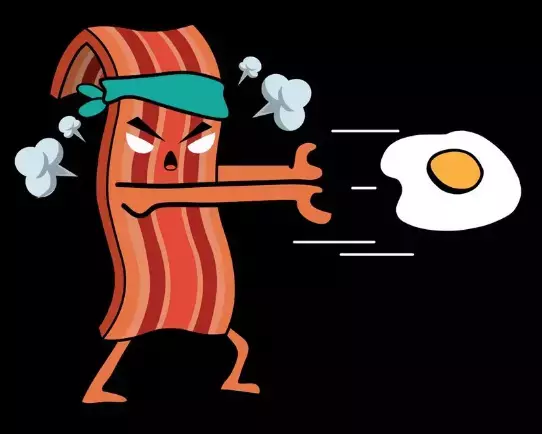They came with my kegs from Kegco but I think they’re limiting the beer’s CO2 intake. I’m going to swap them out for traditional ones today to see if they make a difference.
I have been plagued by poor carbonation and I have tried everything else.
I have fixed up several different kinds of kegs over the years and whilst I can’t say for certain I have seen these posts (need more pictures to better ascertain) I would be surprised if they are limiting the flow of CO2 into the keg. I do find that sometimes these kinds of post poppets (where they are held in place in the keg post by 3 feet) can be stiffer than the universal kind (which comprise of just the poppet and a spring and aren’t held in place by anything) which can require some more fiddly placement of the quick disconnects. A cheaper fix for the posts would be to swap out the poppets for the universal kind (which retail around $2 USD as opposed to new posts which are more in the $15-$20 range USD).
When you say you have tried everything else, can you describe your carbonating process and the things you have tried?
It’s so interesting, the poppets don’t come out like normal ones with the springs (though I could probably force them out). I just bought new ones, entirely, so we’ll see if those do the trick.
I have replaced the pressure regulator, checked the lines and the attachments for leaks. I still get some pressure in the keg but the beer is severely under-carbonated. This has happened on numerous beers.
I have tried setting to the correct carb pressure and leaving it for 2 weeks, force carbing via the shaking method and the 3-2-1 method where you set the carbonation at triple, drop it to double and then to serving carbonation over three days and I’ve had these issues with all of them.
I don’t quickly run out of CO2 (which I figure I would if there was a leak and this happens on both of my kegs (which both have these types of posts).
My next step if the posts don’t fix it will to be trying a diffusion stone but I feel like I shouldn’t have to.
To get the poppets out just takes a bit of force. I usually use a screwdriver from on top to direct the force and hit it gently with a mallet. The poppet comes right out.
Out of interest what temperature is the beer at? Also is this keg the only one you have trouble with? i.e. are you able to carb other beers fine in a different keg?
Regardless, changing the keg posts will probably do the trick.
Ok, good to know. Thank you.
The beer is at 38F and I have this problem with my other keg that has the same posts. No pressure leaks at all and pre-carbonated, store-bought sixtels pour fine.
Forgot to mention but there’s almost no pour pressure, as well, despite the CO2 being near 15 psi, lines being open and there being the sound of air escaping when I burp the keg.
Yeah that sounds a lot like a clogged dip tube or poppet. My bet is on the poppet. You can clear a blockage fairly easily (at the downside of stirring up all the trub at the bottom of the keg) by switching the quick disconnects on your gas line to be liquid quick connects and blasting some CO2 down the liquid dip tube.
I was thinking the same. It’s a hazy IPA and I had a floating dip tube on there which fell off after kegging and carbing, so I put the regular dip tube in.
I’m wondering if there’s not even enough carbonation to force the beer up through the dip tube but I will see.
You basically don’t need any real pressure in order to force liquid out of the keg it’s just that if the pressure in the headspace is lower than the equilibrium pressure of the carbonation, then gas will come out of solution in the beer as it pours and it will go flat. If you pull the manual pressure relief and hear gas escaping then the beer should absolutely pour which again seems to suggest that something on the liquid side is clogged. Did you dry hop the beer in the keg?
Ok, very good to know. No dry-hopping in the keg and I transferred it to a secondary and then the keg, which removed the majority of the sediment (though it is a hazy IPA).
I’m interested to see if the dip tube is clogged as well, though.
Last note, here they are (liquid posts but they’re identical in size to the gas ones) side by side.


The distance from where the lock on to the top of the post looks the same, so we’ll see if this does the trick.
I agree that we need to know more about your carb troubles. 9 times out of 10 it’s a leak somewhere in the system that causes issues.


